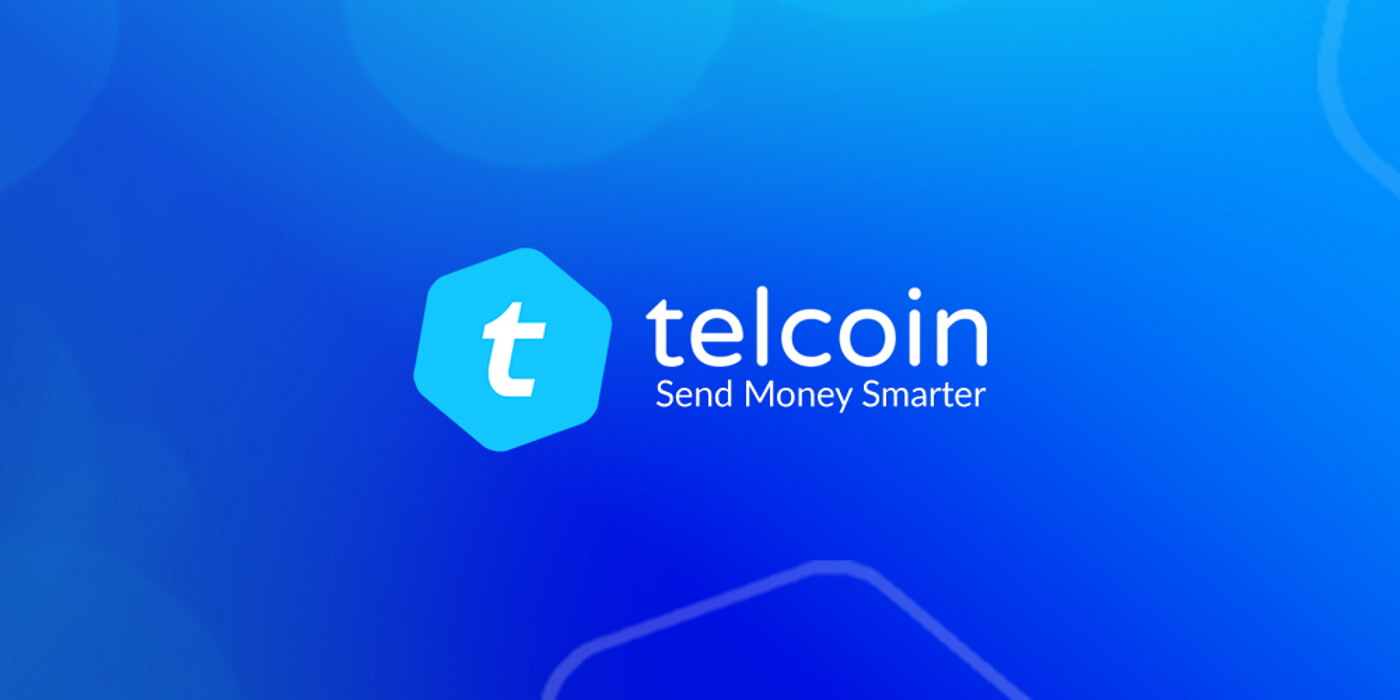Japan’s Ministry of Economy, Trade and Industry (METI) has established a Web3 policy office within the Minister’s Secretariat in a bid to boost the importance of digital assets in the country.
According to an official announcement, the new Web3 office will help create better frameworks for Web3-related businesses by gathering information from key players in the industry and working with relevant parties toward developing a proper environment for Web3:
As metaverses become new personal interfaces, especially among younger generations such as Generation Z, digital spaces and assets could become much more important, and their business value could also increase dramatically.
METI blog post
Moreover, the Web3 office will bring together several departments responsible for industrial finance, taxation and corporate systems, as well as those responsible for media, digital content, sports, fashion and other industries.
Companies Betting Big on the Metaverse
Japan is one of the latest countries to enter the metaverse with its push to expand Web3 businesses and technology. Not so long ago, one of North America’s ‘Big Four’ accounting firms, KPMG, opened its first metaverse collaboration hub to examine potential use cases in several industries.
Despite a current bearish scenario for digital assets in general, companies and firms across different industries are still betting big on Web3. A week ago, Crypto News Australia reported that auction house Christie’s had established Christie’s Ventures, an investment fund for fintech companies looking to tap into the digital art market.






